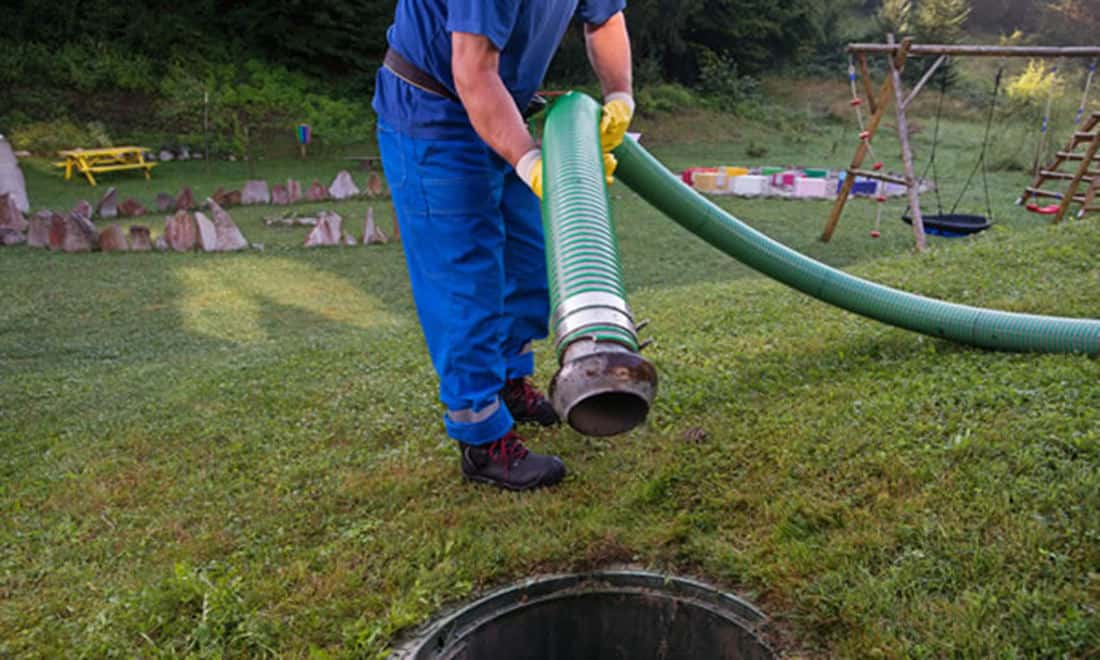Every Septic System is Different, and Treating each one requires a different approach. Some systems require maintenance, others require total replacement, and some are difficult to diagnose and treat. There are also a variety of other factors that need to be considered such as the amount of people living in the home, a family’s habits, their travel plans and so much more. Keeping your septic tank healthy is no easy task and it’s important to have a plan to manage your septic system’s overall health.
As with any system, the more you maintain your septic system the longer you will have it working for you. In this blog we’ll cover the top tips that will help keep your septic system healthy so that you can enjoy the many benefits of having a septic tank pumping in your home.
Plan for maintenance
The first top tip for septic tank care is to plan for septic pumping Greer. A septic system requires regular maintenance, and if you don’t plan on doing that, then it will be beyond time to replace your septic system. If you are unable to do these routine maintenance tasks then it’s best to consult a professional septic pumping Greer in order to have your system properly maintained.
Ensure your system is sized properly
It is important to have an adequate size. When a system is too small it will be inefficient, and when it is too large you might have problems with your pump not being able to handle the workload. Establishing the right size for your home or business septic system has a lot to do with where you live and how many people live in the house.
As a general rule of thumb, keep your tank about one-third full of pumped sewage at all times so that it does not overflow and potentially harm someone’s health.
Install an effluent-to-sewer connection
One of the most important things your septic pumping Greer can do to care for your septic system is to install an effluent-to-sewer connection. This will ensure that the effluent from your septic tank doesn’t flow into the sanitary sewer system. If your home doesn’t have a sewer connection, installing one will help prevent the septic tank from overflowing when it rains.
If your home uses both toilets and a washing machine, it’s important to make sure they are connected with a short pipe. This ensures that the wastewater in the effluent pipe isn’t backed up and creates backups into the house toilet or washing machine.
Make sure your tanks are aligned
It’s important to make sure that the tanks are properly aligned with gravity and water flow. When the tanks are not aligned, this can result in problems such as debris from the tank moving down into the leach field and rotting vegetation. This also means that your septic tank pumping will not be able to do its job as efficiently.
You can also invest in an upflush toilet system. Traditional toilets are purely mechanical. You pull the chain, and the cistern empties through the power of gravity. Unfortunately, gravity sometimes isn’t enough to do the job. Consequently, wastes build up over time and can cause clogging in your tank wastewater system. The “prevention is better than cure” adage applies in this scenario. Toilet clogs can be a hassle to manage. They can also cost you an arm and a leg. You can prevent clogging in your toilet with Saniflo’s hardwearing macerating pump collection.
Get rid of toxic substances from your home
The first thing to do is get rid of any toxic substances from your home. If you use pesticides, lawn chemicals, weed killers, and insecticides on your property make sure to dispose of them in a proper location. This will prevent these substances from contaminating the septic tank pumping and polluting it with harmful toxins.
Next, check for debris in the drain pipe that leads to your septic tank. Any debris can clog up the drain line and stop the flow of waste into the tank. Remove all fallen leaves or other objects that could be blocking the pipe before they build up too much and cause a problem.
Lastly, make sure to keep your septic tank clean by using a pump on an appropriate schedule. Remember to keep an eye out for any signs of trouble so that you can address it quickly before something serious happens.
Conclusion
A healthy septic tank can support a healthy home, too!
Now that you’ve learned the basics of how to keep your septic tank healthy, you can use these five tips to judge when asking for the professional septic tank pumping services by Septic Connection.
